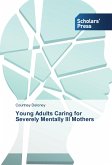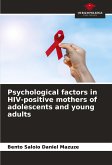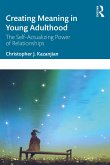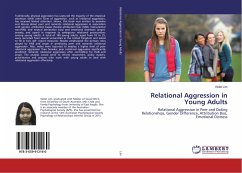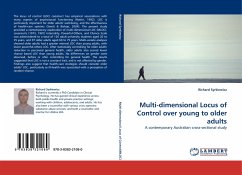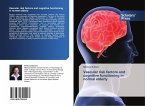Young adulthood represents the transition from the dependency of adolescence, to the fully recognized social position of adulthood (Neyer & Asendorpf, 2001; Scabini & Iafrate, 2003). Although the protective role of the parents is reduced when young adults become independent, they still need support which romantic relationships are able to provide (Jones, 2005). Otherwise, insecure attachment styles may cause separation anxiety and make the individual vulnerable to psychological disorders (Manicavasagaret al., 2009; Silove et al., 1993). Insecure attachment style was found to be strongly related with separation anxiety (SAD) (Brumariu & Kerns, 2010), which operates as a general vulnerability factor for internalizing symptoms in young adults (Shear et al., 2006), which are among the most common during this period (Guttmannova et al., 2007). Starting from a dimensional approach, the present work aims to analyze the association among attachment styles and internalizing symptoms, through the mediation of separation anxiety and interpersonal functioning.
Bitte wählen Sie Ihr Anliegen aus.
Rechnungen
Retourenschein anfordern
Bestellstatus
Storno


